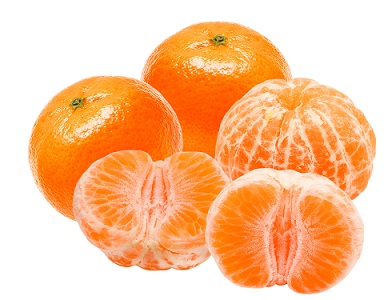
Scientific (Botanical) Name is Citrus reticulata
Mandarins are usually eaten plain or in fruit salads. Specifically reddish-orange mandarin cultivars can be marketed as tangerines, but this is not a botanical classification. Thin, pebbly skin Mandarins are smaller and oblate, rather than spherical like the common oranges (which are a mandarin hybrid).
The taste is considered less sour, as well as sweeter and stronger. A ripe mandarin is firm to slightly soft, heavy for its size, and pebbly-skinned. The peel is very thin, with very little bitter white mesocarp, so they are usually easier to peel and to split into segments. Hybrids generally have these traits to a lesser degree.
Benefits Of Mandarin
1. Cancer
2. Vitamin C
3. Cholesterol Problems
4. Blood Pressure
5. Weight Loss
6. Healthy Immune System
7. Skin Health
8. Antioxidant
9. Glowing Skin
10. Improved Skin Tone
11. Fights Wrinkles
12. Heals Wounds
13. Antioxidants
14. Shine And Bounce